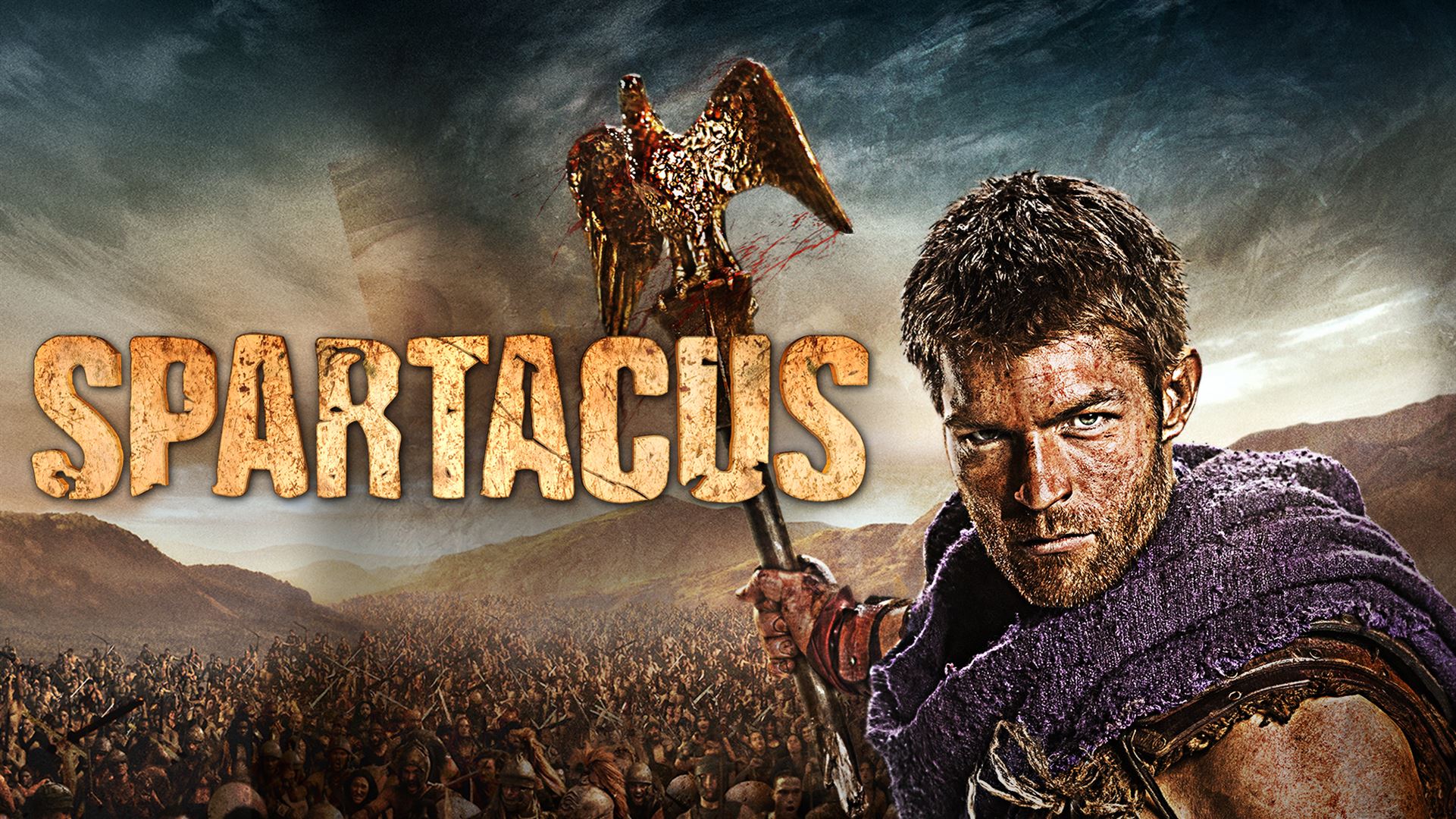

They no longer fought for the slave owners, nor for the gods, but for themselves. More importantly, Spartacus brought the belief in the pursuit of freedom to the people. The day of reckoning finally came, the world ushered in the baptism of blood, Spartacus, at the cost of their lives, ushered in freedom for some of the slaves, so that the slave owners were forced to improve the living conditions of the slaves. If it were not for the never-ending greed of the slave owners, the slaves would not have met their end and would not have embarked on the path of revenge. The slave-owning class was almost entirely villainous, and their profiles were rich and three-dimensional, their desires and struggles portrayed in detail. Living far from the war to graze horses and sing was he and Sura's unfulfilled wish, and he hoped that others would realize it. Instead, he wished to spread the idea of equality and freedom, and fight for the ultimate freedom of the former slaves. He did not want to take revenge on the Romans. In the process of leading the uprising, Spartacus treated the people as Sura with compassion. When he found out that his wife Sura died at the hands of Batiatus, he chose to pay in blood. He found that every fight he had in the gladiatorial arena was only a futile increase in the wealth and interests of the slave owner. After being forced to kill Vali, Spartacus was aware of the lie of glory. Spartacus experienced stages of mental state. Revenge was Chris's mission, but in the face of the absolute strength gap, death was the inevitable end. After finding Nivea, he trained her as a warrior and spent the rest of his life taking revenge on the Romans, the difference in philosophy led to Chris's departure. After Nivea was sold away and he was poisoned, Chris chose to rush out of the training school with Spartacus. Chris was the second in command in the team. However, although he was courageous, he was more of a wanderer in the queue, unable to bring more cohesion.
#SPARTACUS ALL SEASONS IN HINDI DOWNLOAD FREE#
Gannicus was the only free gladiator, after the death of Oenomaus, he replaced his best friend on the path of the Avengers. As the leaders of the revolt, Spartacus and the others did not share the same motive. Sadly, it was ultimately a haphazard and rabble-rousing group. When the dignity of gladiators and slaves was trampled, love was deprived, and survival was not guaranteed, Spartacus, the former prayer for rain, started a wave of rebellion, for love, freedom, revenge, and liquidation to the Romans. The gladiators were flesh and blood, and their lives unfolded in blood and sand, licking blood from the tips of swords, but their lives were like grass. The life of the nobles was rotten, and their playfulness and competition for fame and fortune were all at the expense of the slaves. The gladiatorial arena of ancient Rome was lofty, but it was built on the blood of slaves. For them, it was better to fall by the sword than to die by the whip of the master. Even at the last moment, they never retreated in the face of the fully-equipped Roman elite like dark clouds. They fought in blood, and they were the first to defeat the Roman legions, making Rome tremble. The skills they developed to survive became their most powerful weapon. These slaves dared to rebel against their masters and against Rome. Amidst the violence and sexual spectacle, what sustained the entire story was the strong spiritual power of the slaves. However, the insurgents had limited fighting power and cohesion, and many of them were old, weak, women and children. The entire war lasted three years, and the insurgent army may have exceeded 300,000 men at its peak. More importantly, unlike the first two slave wars, which took place in Sicily, this time the revolt hit Rome itself hard. The Spartacus Revolt, which took place at the end of the Roman Republic, was the largest of the three slave wars in ancient Rome. It was a tragic story of slaves who fought in the face of their fated end, knowing that they could not do it. This is however an exhilarating silhouette, but not the end of the story. The slaves became spectators in the simple improvised gladiatorial arena, invigorated by the blood of their enemies, while the Romans became gladiators and were slain by the slaves. When Spartacus wisely captured Tiberius and ordered the Romans to gladiatorially fight to tribute to Chris, the roles of the slaves and Romans were switched.


 0 kommentar(er)
0 kommentar(er)
